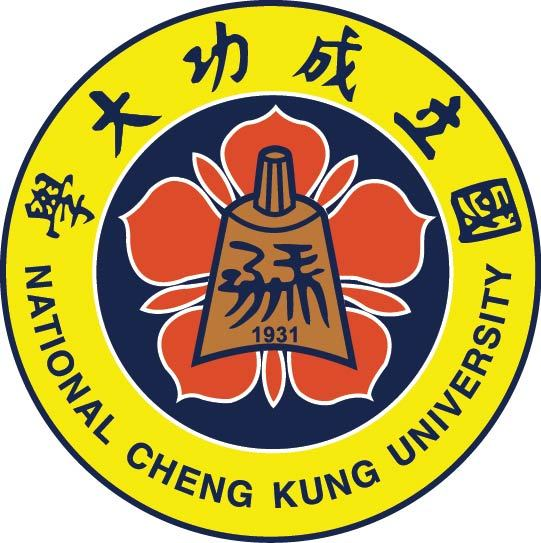High throughput Biosensing lab
Research Field
Professor Chien-Sheng Chen earned his PhD from Cornell University in 2005 and then worked as a postdoctoral fellow at the High Throughput Biology Center, Johns Hopkins University School of Medicine. In 2008, he joined the faculty of the Systems Biology and Bioinformatics Institute at National Central University, Taiwan. Dr. Chen also served as a visiting scholar at Cornell University, where he contributed to the Department of Chemistry and Chemical Biology as well as the College of Veterinary Medicine.
Dr. Chen's research revolves around nano/micro-biosensing technology. He is particularly known for developing innovative assays designed for rapid detection and proteomic research. His work encompasses diverse areas such as protein function discovery, protein interaction, host-microbe interaction, and biomarker identification, all of which are achieved through a cutting-edge proteome chip approach. Dr. Chen's groundbreaking methods have been applied to numerous projects, greatly advancing the field of proteomics research. His contributions are well-recognized, with several publications in prestigious journals, including Nature Methods, Molecular & Cellular Proteomics, Brain, Behavior, and Immunity.
In recognition of his exceptional work, Dr. Chen has served as an associate editor for the Journal of Integrated OMICS and as an academic editor for PLoS One. His dedication and achievements have earned him accolades, including the title of "Outstanding Research Award," and the esteemed status of "Distinguished Professor" at National Central University. He has also been honored with the Academia Sinica Research Award for Junior Research Investigators.
Currently, Professor Chien-Sheng Chen is the president of Taiwan Proteomics Society and a faculty member at College of Medicine at National Cheng Kung University. He continues to pursue his pioneering research in the realm of proteome microarrays, contributing significantly to the field.
Understanding the intricate interactions between microbes and the human body is crucial for unraveling the mechanisms of infectious diseases and developing effective therapeutic strategies. Our research endeavors have been primarily focused on elucidating human-microbe interactions, with a particular emphasis on systematic analysis of Escherichia coli proteome interactions. By probing the proteome of E. coli, aim to identify key molecular targets and pathways involved in bacterial pathogenesis and host immune response.
In our laboratory, we have developed a cutting-edge high-throughput protein purification technique capable of purifying approximately 4800 E. coli proteins. Leveraging this novel methodology, we have created high-density proteome array chips by spotting these purified proteins onto various glass surfaces. These chips serve as invaluable tools for investigating diverse proteome interactions, ranging from nucleic acid- and peptide-based interactions to interacwetions with human cells, lipids, small molecule drugs, carbohydrates, and plasma.
Host-bacteria Interaction safety
Biosensing technology
Proteome microarray chip
Uropathogenic Escherichia coli
Antibodyome analysis
Identification of disease biomarkers
Lipid-proteome interaction
Rapid detection for food
2018, 2021, 2022 National Innovation Award, Taiwan
2014-2018 Distinguished professor, National Central University
2013 Academia Sinica Research Award for Junior Research Investigators
Postdoctoral fellow Department of Pharmacology and Molecular Sciences, Johns Hopkins Universi
Ph.D. Department of Food Science and Technology, Cornell University University
